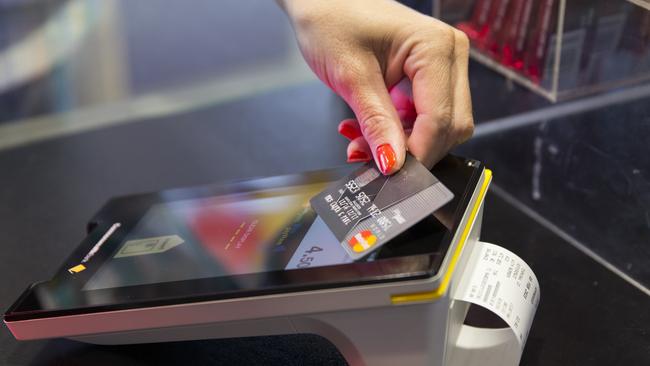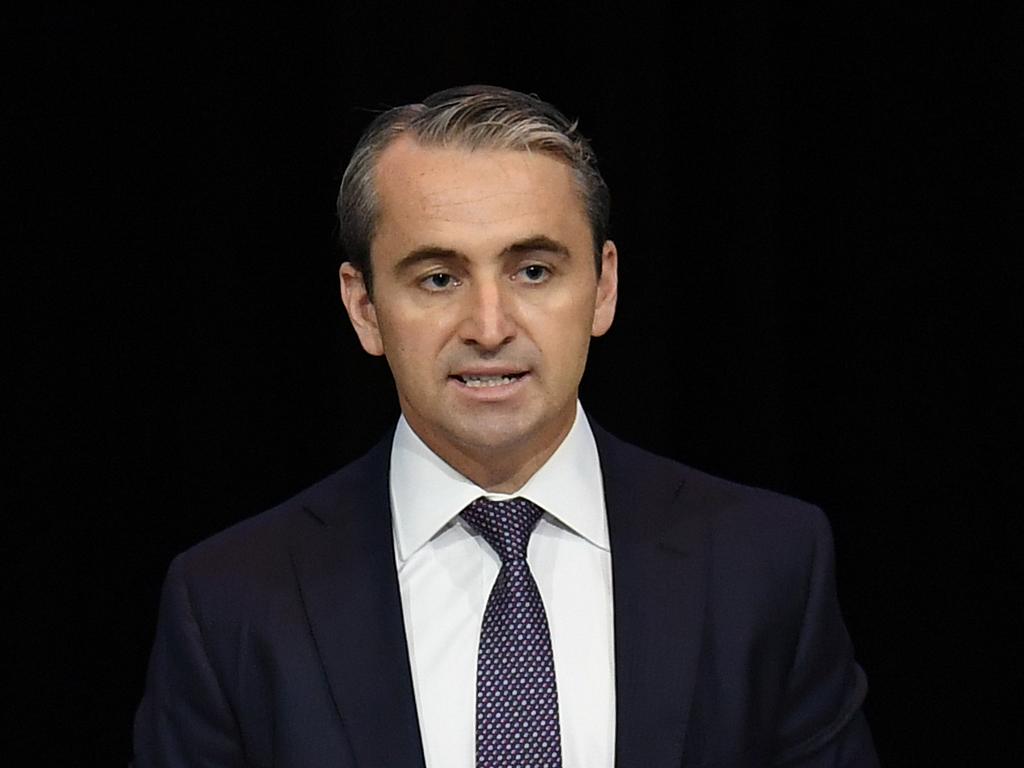
CBA on Wednesday unveiled a bigger push into the BNPL sector, on a stand-alone basis, outside of its partnership with Sweden’s Klarna. That in itself is interesting, and sees CBA strategically manoeuvring to take on the BNPL players head on. It’s a no-brainer for CBA, and retailers looking for cheaper instalment options to maintain their profit margins, but a blow to Klarna as it seeks to increase its presence among local retailers.
The nation’s largest retail bank can see a threat as Afterpay, PayPal, Klarna, Zip and others gain customer traction, and it wants a key seat at the table. CBA is using its network of payment terminals — the biggest among its major rivals — that are already with retailers and merchants to execute this plan.
Head of retail banking Angus Sullivan said CBA was keen to increase its participation in the BNPL sector, by using its scale across personal customers and merchant relationships to bring the direct BNPL offer to market.
He said the original incarnation of the Klarna partnership left space for CBA to have “more than one iron in the fire” in the BNPL sector, and the bank wanted merchants to have plenty of choice given the “substantial cost” being incurred by many offering instalment payments.
CBA’s merchant fees for credit card payments average 1.4 per cent for retailers, compared to an average BNPL fee of about 4 per cent at the likes of Afterpay and Zip. Retailers are slugged with those fees.
And it’s not uncommon for smaller retailers to be hit with BNPL fees of up 6 per cent.
The BNPL players would argue that they provide much more than just instalment payments, with things like lead generation and sales events and experience.
Klarna co-founder and chief Sebastian Siemiatkowski late last year said globally Klarna charged merchants an average 2.1 per cent. He declined at the time to specify the average for Australia.
Afterpay hit back by pointing out Klarna’s advertised highest rate for merchants on its Australian website. That rate was up to 5.49 per cent, plus 30 basis points in transaction fees.
Payments stalwart Grant Halverson of McLean Roche Consulting puts Klarna’s global average merchant fee at 2.1 per cent, and in Australia that is 2.2 per cent.
He heralded Wednesday as the “day competition caught up” with the BNPL industry.
The competitive dynamics are certainly changing. CBA wants to create waves in the sector and its BNPL option will see credit checks imposed on customers, unlike what happens at Afterpay. However, CBA will levy late fees if payments are not on time, with those charges capped at $120 a year.
The CBA move will get tongues wagging about whether the bank will look to sell out of Klarna if the group seeks a public market listing, following the lead of US group Affirm Holdings in January.
Earlier this year, CBA chief executive Matt Comyn pegged Klarna’s valuation at about $US40bn. Based on that valuation, CBA’s holding was worth about $US2bn, up from its initial investment of $US300m, made over two tranches. The bank’s partnership with Klarna saw it as an equal partner in the Australian and New Zealand rollouts.
Klarna Australia and New Zealand would not comment directly on its commercial arrangements with CBA.
But country head Fran Ereira on Wednesday said her company had a close collaboration with the bank in a valued partnership over the last year, and they continued to focus on growing.
“We welcome CBA’s interest in the strong consumer demand for innovative payment and shopping solutions such as those Klarna provides,” she said. “Klarna is widely available for customers of all Australian banks and they can use us to shop flexibly at any retailer — in-store or online.”
CBA predominantly issues Mastercards to its customers, but the card giant is not thought to be receiving any additional revenue for BNPL transactions over its usual clip for credit transactions.






Commonwealth Bank’s broad-brush drive into the “buy now, pay later” sector seeks to significantly undercut Afterpay and Zip, giving retailers a much cheaper and direct instalment payment option.